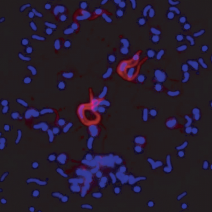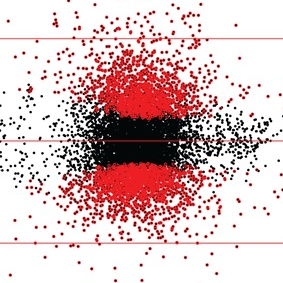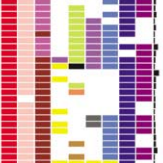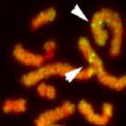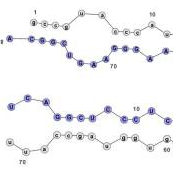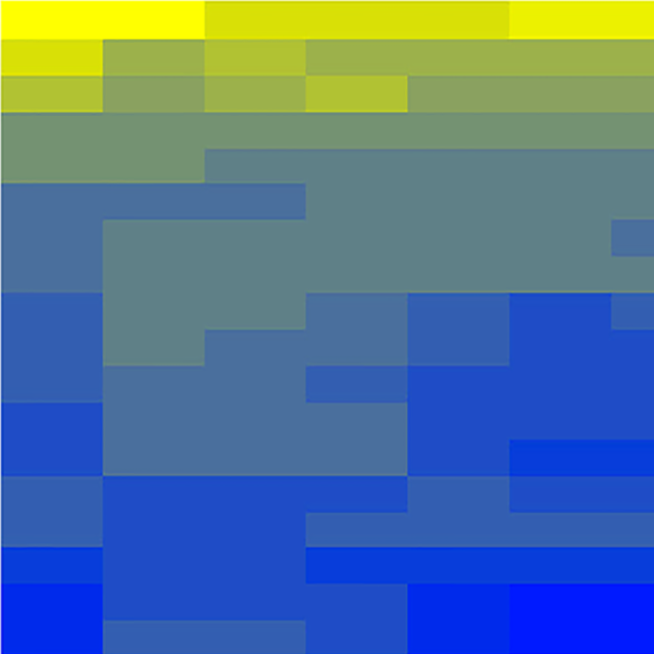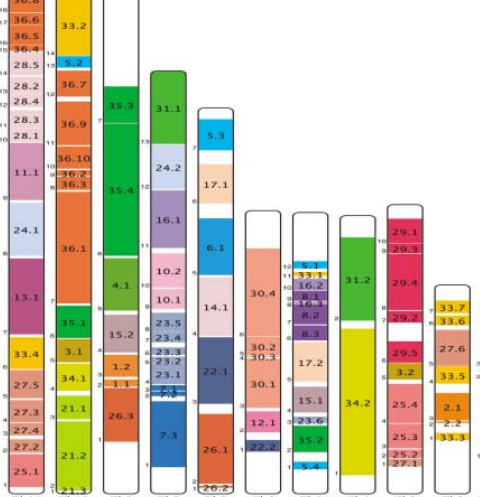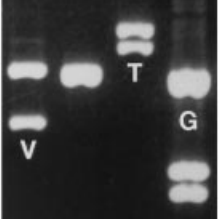Genome Sequencing and Analysis
Genome sequences represent an invaluable resource for scientists working to understand the biology of various pathogens. The analysis of genome contents undoubtedly constitute a first important step toward the development of better drugs, vaccines and methods for pathogen control. Such projects have been an important activity of our laboratory since 1998. Using the latest sequencing and bioinformatics tools, we have decoded and annotated large portions of the African and American trypanosome genomes, causative agents of African sleeping sickness and Chagas disease, respectively. Both of these flagellated protozoan parasites are deadly pathogens, invariably fatal to infected humans (and domestic animals). They possess several highly unusual molecular mechanisms including trans-splicing of polycistronic transcripts, editing of mitochondrial RNA transcripts, and apparent lack of RNA polymerase II promoters for most protein-encoding genes. They also possess complex mechanisms for antigenic variation, and unique organelles such as the kinetoplast and the glycosome. We have also recently completed the sequencing of the Schistosoma mansoni and Perkinsus marinus genomes. S. mansoni is a trematode parasite that causes schistosomiasis (Bilharzia), a highly prevalent tropical disease and leading cause of severe morbidity in many developing countries. P. marinus is a facultative intracellular parasite of the eastern oyster.
